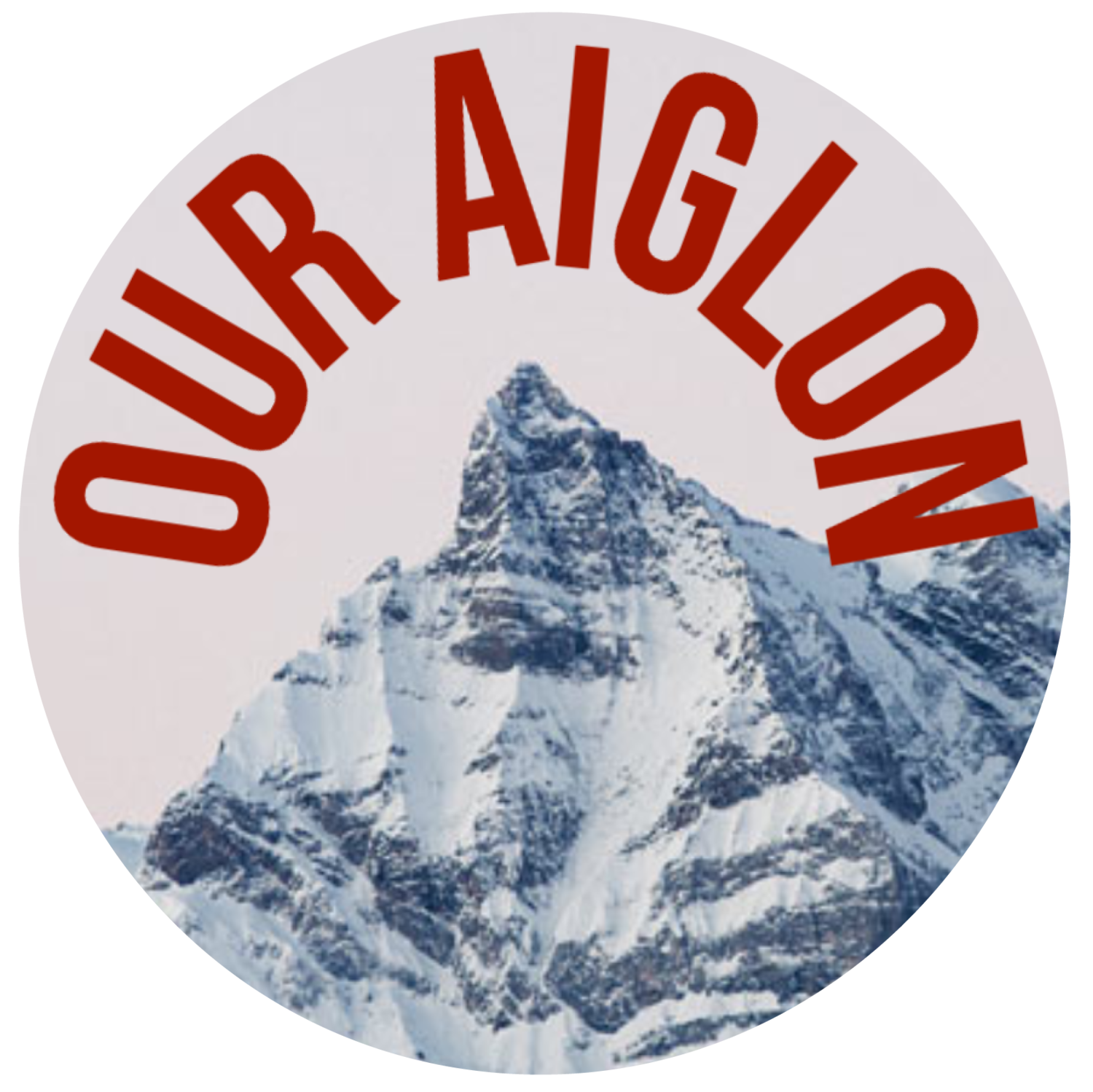There Are Always More Mountains To Climb
One of the most important things I learned at Aiglon was how wonderful it was to meet people coming from all corners of our planet. My roommates were from Borneo, Zambia, Germany, France, Canada, etc. We all learned that we loved the same music, had similar interests and hobbies. We all learned to appreciate the gift of the great outdoors, and those long and short expeditions taught me I could carry all I needed in a backpack and set up our camp anywhere we found a good place on the map to do so. We had freedom of education in choosing our elected courses, we had freedom of where we wanted to map our expeditions, too. Some expeditions were tough, and yet pushing through we learned just one more step after another could get us home or take us far. We made everlasting friendships and now meet at reunions all over the world to reminisce, exchange stories about our families and sometimes even work together. There was always a support system in place, worldwide. I ended up travelling a lot with my family, living in London, Florida, France and LA before finally settling here in Quebec City, Canada. My children are now living their own lives and I have dedicated myself to making films that make a difference.
I just completed an 8-year odyssey (talk about a long expedition!!) to get a documentary made called You Belong To Me: Sex, Race and Murder in The South. In fact one of the interviewees, Cliff Adams, who is featured in my film, informed me at a cast and crew screening after the wrap that he had attended Aiglon College with someone who had the same last name as I have. When I told him it was actually me, we were both stunned. He was just a couple of years in front of me!! We didn’t believe each other at first. It was sharing our memories of early morning PE and jumping jacks in the snow that made us realise it was absolutely true.
Our world is small and our planet is extraordinary and yet not small enough to hide the nearly 36 million slaves that exist or subsist on our planet today. More slaves than at any other time in our planet’s history. My brother Steven and my sister-in-law Tamara placed their children at Aiglon, and during visits I saw how much Aiglon had expanded and grown. Not only within the school walls but with their outreach into other parts of the world. Tamara became involved with supporting and volunteering at a Nepalese Orphanage called NOH and arranged to have volunteers and students from the school experience first hand what can be done to help these poor children who have been trafficked and are now rescued. NOH does extraordinary things, but it is not the only institution that is doing so. So like any well-trained Aiglonite, I decided to see what more can be discovered.
I have joined a great group of crusaders planning to climb and conquer a huge mountain—to finally help bring an end to Modern Day Slavery. We are bringing together a community of like minded, freedom appreciating, brilliant minds who having reached the peaks of their careers and realise there is so much other work to be done. Work related to gender equality, work in freeing those enslaved, work in bringing down those who abduct, enslave, traffic and utilize those slave workers in the manufacturing of products. Work at creating an App that will put the power back into the consumers hands. An App that will identify if slave labour was utilized in creating the product you wish to buy and giving the public an option to choose another. Busting open and wide those corporate chains of hidden labour. So all this to say I am embarking on a further long expedition and in a way this is a call to arms. If there are any Aiglonites who would like to join me on this latest expedition. Please contact me directly or check out our website http://www.wishingstep.com/. We are raising funds presently and if interested on a personal or corporate level I would be pleased to send you further materials.
Aiglon prepped us for so much in life. We didn’t necessarily realise it while it was happening because we were busy making friends, socializing, drinking in the fresh air, climbing the mountains, skiing down them and being fed both intellectually and by wonderful chefs. Yet once we stepped away from those mountains and into the reality of the world, it was truly then we realised the gift of what that education and experience prepared us for, and it gave us the knowledge that we can accomplish so much with just one more step.
H. Saltzman
Aiglon College, Class of 1979

